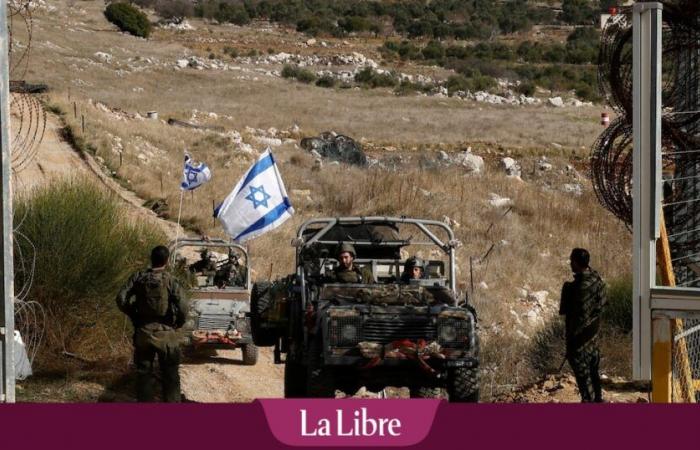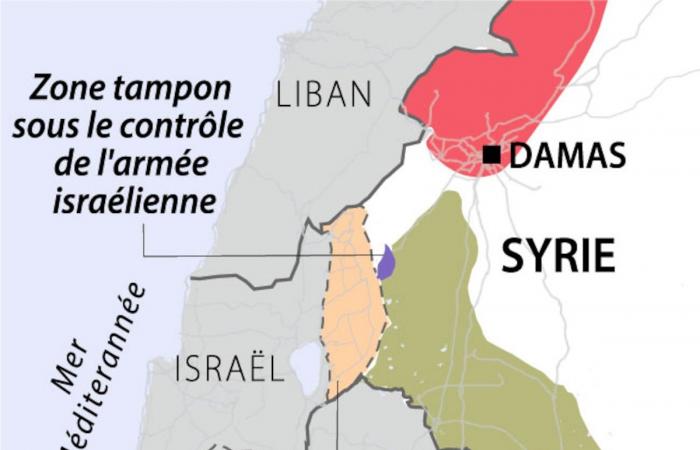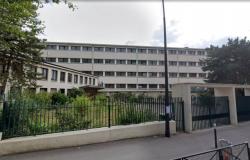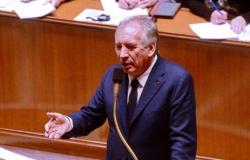Established by the 1974 disengagement agreement between the two powers, this plot is under the control of the United Nations. It borders the Syrian Golan Heights, annexed by Israel since 1967. This measure “temporary“, in the words of Israeli diplomacy, raises many questions. Decryption with Frédéric Encel, professor of international relations at Science-Po Paris, and author of the work Voices of power: thinking about geopolitics in the 21st century” (Odile Jacob).
Syria: a promised fall but promising uncertainties
What is the benefit of this buffer zone for Israel?
It is a tiny territory comprising a few hundred hectares, with a maximum length of 2.5 km. So its control does not fundamentally change the balance of power between the Israeli army and the new coalition in power in Syria. This buffer zone is above all of tactical interest for Israel. For the moment, the Jewish state does not face real military power in Damascus. But it is in anticipation of a possible rise in power of this regime – which seems, a priori, not very favorable to Zionism – that the IDF has invested the area. At the same time, the Israelis also took control of Mount Hermon, with a height of 2,814 meters, which allows them to monitor the Lebanese Bekaa plain (to the west) and that leading to Damascus (to ballast).
Is a long-term Israeli occupation possible?
Everything will depend on the nature of relations between Tel Aviv and the new Syrian regime, once the latter is officially established. If Damascus refuses to recognize the State of Israel and continues the state of war officially in place since the al Assad regime, the Israelis will remain in this tactical zone. Conversely, the legitimization of Israel by Syria will certainly push the Israelis to withdraw behind the lines then in force in November 2024.
Despite everything, I remain convinced that Israel will not annex the area, because it would be of no interest to them. On the contrary, it would potentially add contention with Western countries, which Tel Aviv does not need at the moment. Additionally, the eastern Golan is not considered part of “Greater Israel” – which would belong to the ancient kingdom of the Israelis in biblical terms.
Abu Mohammed al Joulani, a former jihadist in search of political stature
Is the next Syrian government likely to claim sovereignty?
Yes, it will have official aims over the area, just as the former regime in Damascus had aims to reclaim its sovereignty over the Syrian Golan. Yet it has always been clear to the Assads that they could never recover these lands by force. They therefore maintained a myth, a fiction, around the subject in order to reinforce the feeling of national cohesion. And I think there won’t necessarily be any change on that. In my opinion, insurgent leader al Joulani will initially claim only the entirety of independent Syrian territory, including the Golan, as mapped by international law. He will not exclude minorities of the Syrian population from his regime. Once national consciousness is strengthened, he will claim the Golan Heights, but without necessarily trying to wage war with Israel because in my opinion he would lose his teeth there.







